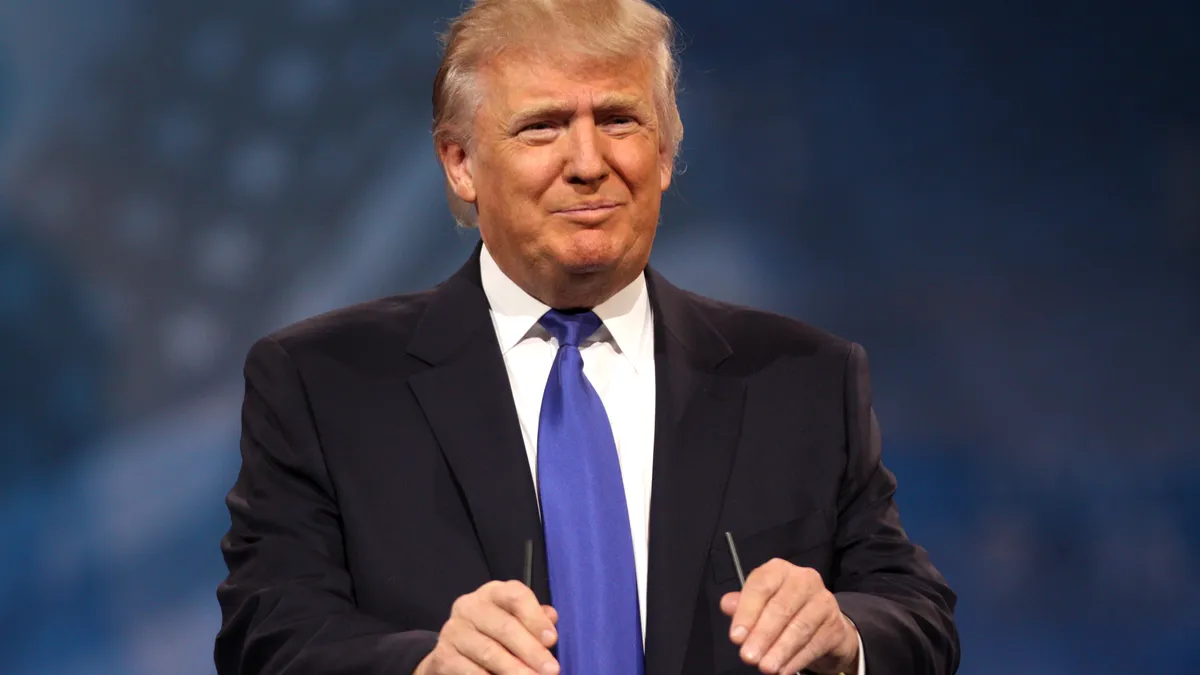Dive Brief:
- President Donald Trump’s proposed 2018 budget could have an adverse impact on the professional development that enables educators to utilize new tech in the classroom setting, as well as programs that enable greater access to tech for more student populations, according to Ed Tech: Focus on K-12.
- However, an increase in charter school support could mean more tech advancements in the classroom, as many of the most substantive innovations in tech usage in schools emanate from charter and private school settings.
- With the possibility of austere spending cuts for education that would cause a revenue drain from ed tech spending on the part of schools, it may be more incumbent on private industry to help plug whatever gaps may be caused by the budget shifts.
Dive Insight:
Often, new tech for use in the classroom can be cost-prohibitive, both in terms of the actual resources as well as whatever expenses will be necessary in training staff to utilize it. Adequate teacher training is of particular importance when bringing new tech into the classroom, and the concern over Trump’s proposed budget cuts is that they will particularly hurt low-income rural or urban districts.
Federal spending in school districts is usually a small percentage in comparison with state and local funding, which tends to be generated from the property tax revenue generated per district. It is possible that even in the face of burdensome federal cuts, districts with more robust tax revenue would continue to invest in tech innovation, but impoverished school districts may find it necessary to do without, thus widening the digital divide.
In a previous Education Dive feature about what to expect in K-12 ed tech in 2017, Robert Craven, the senior director for technology at Tustin Unified School District, predicted an increase in investment from districts and states to improve students’ network connectivity off the school grounds in order to combat digital inequity. It remains to be seen if the potential of slashed funds will make districts and states hesitant to expend more money on closing the digital gap, or if the cuts will make the need for greater tech investment that much clearer













